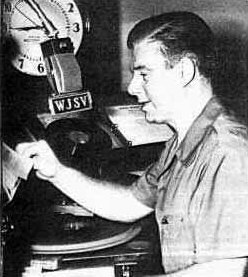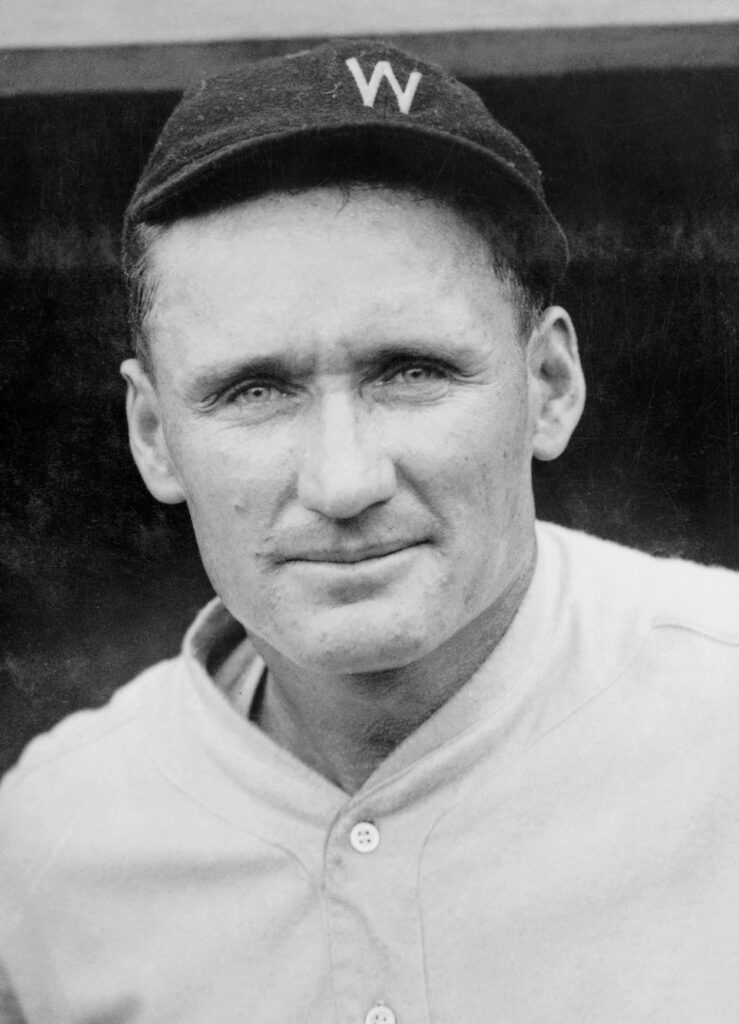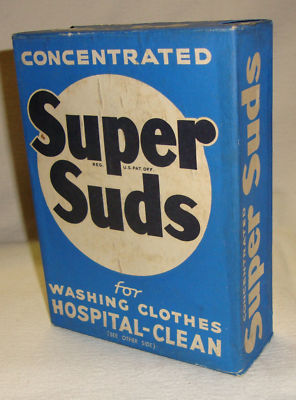This Day Is Ours: Radio Sundial
Today I aired a special “Crazy Words, Crazy Tune”—a radio time capsule. On September 21, 1939, the CBS station in Washington, DC, WJSV, recorded its entire day of programming and gave the tapes to the National Archive. It’s the earliest surviving example of this national mass medium in its swaggering stride, and of the flow of commercial network broadcasting across a relatively normal day.
Not entirely normal, of course. For one thing, what we now know of as World War II had recently broken out in Europe, so the news segments on these broadcasts make intense listening. President Roosevelt made a speech before a joint session of Congress that afternoon, asking the legislators to lift the embargo on U.S. arms sales to the belligerent nations (that is, to Britain and France). By evening, it had become clear there was still an isolationist bloc, including members of both parties, firmly opposed to this move. A more neutral term for this group would be “pro-neutrality,” but it included the dwindling minority whose sympathies were partial to Germany, and who sometimes characterized their position as “America First.”

But be that as it may, the broadcasting day flows on, with plenty of delightful surprises to contemporary ears: a young Arthur Godfrey serving as morning disc jockey (like me, he enjoyed singing into the mike); some very cringe-worthy shows and ads aimed at the female listeners during the daytime (nicknamed “soap operas” because these programs were almost all sponsored by Colgate-Palmolive and its competitors); one of the first legends of baseball, Walter Johnson, the Big Train himself, calling the ninth inning of a late-season ballgame; a hilarious bird imitator and voice artist appearing on Major Bowes’ Amateur Hour. There’s some entertaining music sprinkled through the day, especially in the late night hours—I included some of the Louis Prima aircheck from New York’s Hickory House club.
It was great fun exploring the entire day’s programming and editing it down to a sort of highlight reel. You can find it all here, thanks to the Internet Archive (many thanks to the heroic founder of that majestic civic enterprise, Brewster Kahle). After all, this day is ours, in the public domain.

By the way, I really enjoyed this article about the baseball game captured during the Complete Broadcast Day.
